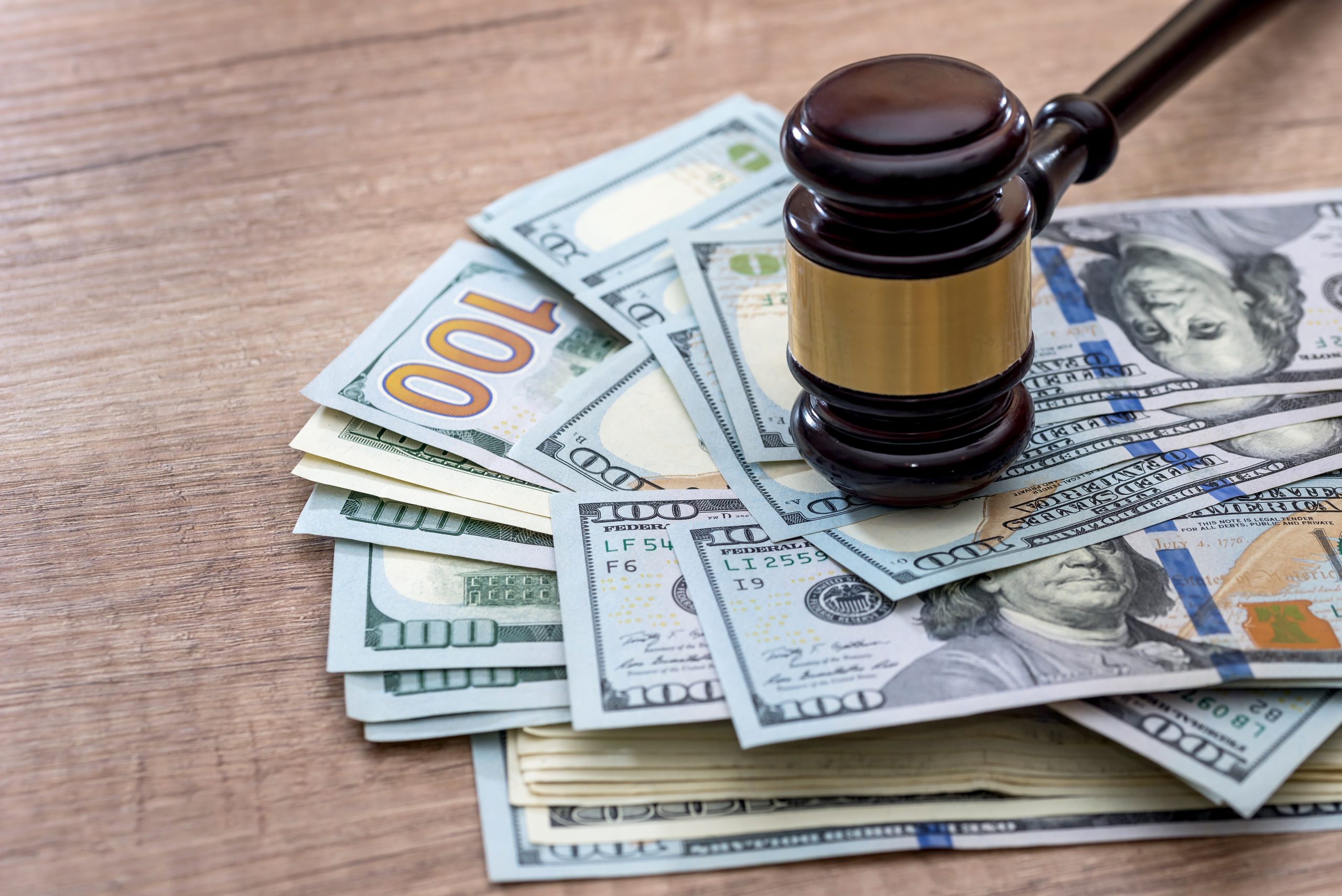Congressional Robbinghood
I Support Reparations . . .
Let me very clear: I believe every former slave freed by President Lincoln’s Emancipation Proclamation living should be granted a reparation paid for by their living former owner, or his immediate family. Once that is accomplished, then the conversation becomes–
Payout to Whom, From Whom?
(Author’s Addendem: 4/16/2021) That didn’t take long. A House bill proposes a “commission” to decide to whom and how much “compensation for slavery” might be.
(Author’s Addendum: 3/16/2021) Silly me! I assumed “reparations” would occur as separate and distinct legislation. I forgot Dems are not willing to put the issue of “reparations” in the public forum, where they would see the light of day, and have to be debated, but would rather back-door them into legislation with other pork-barrel spending. I forgot about the South African experience after apartheid: Just take from the previous owner and give it to the new, favored owner. It looks as though that is happening in the most recent COVID-19 “porkulus” bill. Farm loan repayment guarantees granted to “people of color,” but not to non-people of color. I suspect the same tactic will be used in future spending bills; grant monetary favoritism in the form of payment relief to selected groups based on race, color, creed or national origin, and use “systemic racism” as the excuse. Looks like the “systemic racism” is going in the other direction, now.
Reparations for Whom, from Whom?
An increasingly recurring theme from the left auger for reparation payments for the sins of slavery. If we chase that rabbit trail (slavery in America), then we have some identification issues as well. Among them are identifying the descendants of American slaves, and identifying the descendants of those who enslaved them. Zealots may even propose identifying the descendants of those who condoned American slavery, either actively or passively.
An oft-ignored component of law in the contemporary legal landscape is that one has to be actually guilty of a crime before one is punished, unless you subscribe to “guilt-by-association” jurisprudence. If we grant that premise (i. e., only the guilty are guilty), then not even the descendants of the perpetrators can be held accountable for reparations. However, if we hold to the premise that the sins of the father are attributable to their descendants then reparations are seemingly warranted.
So, now we come to identity. Only those who are actually descendants of American slaves can even remotely be the segment of the population eligible for reparations. Again, zealots might argue other groups due reparations are the descendants of those who were exploited as child labor, those who were apprenticed off to learn a trade, or possibly descendants of those who worked in sweat-shops. However, if we keep the conversation limited to slavery in America pre-1864, then descendants of people who immigrated to the U. S. after 1865 cannot be eligible.
And, who will be responsible for providing the capital for reparations? An argument can be made that only the descendants of those who made it their business to market or hold American slaves can remotely be responsible. Descendants of those who fought on the Union side in the civil war cannot legitimately be responsible for the necessary reparation payments, nor can the descendants of whites (nor any non-black) who immigrated to the U. S. after 1865 be held responsible for monetary recompense. After all, their ancestors were not present, thus the descendants cannot be guilty.
This applies, of course, only if the proposed “reparations” are recompense for slavery in America. If, on the other hand, reparations are recompense for “systemic racism,” then all non-people of color have to participate.
The Profiteers
If this thesis is held as the condition for reparations, the conclusion is pretty staggering. Some type of public or private organization would have be created to track the claims of claimants and responsible parties. Oh goody, another pit of profiteers of government largess into which the American taxpayer can pour money with only fractional benefit to the communities of people that would benefit from it.

